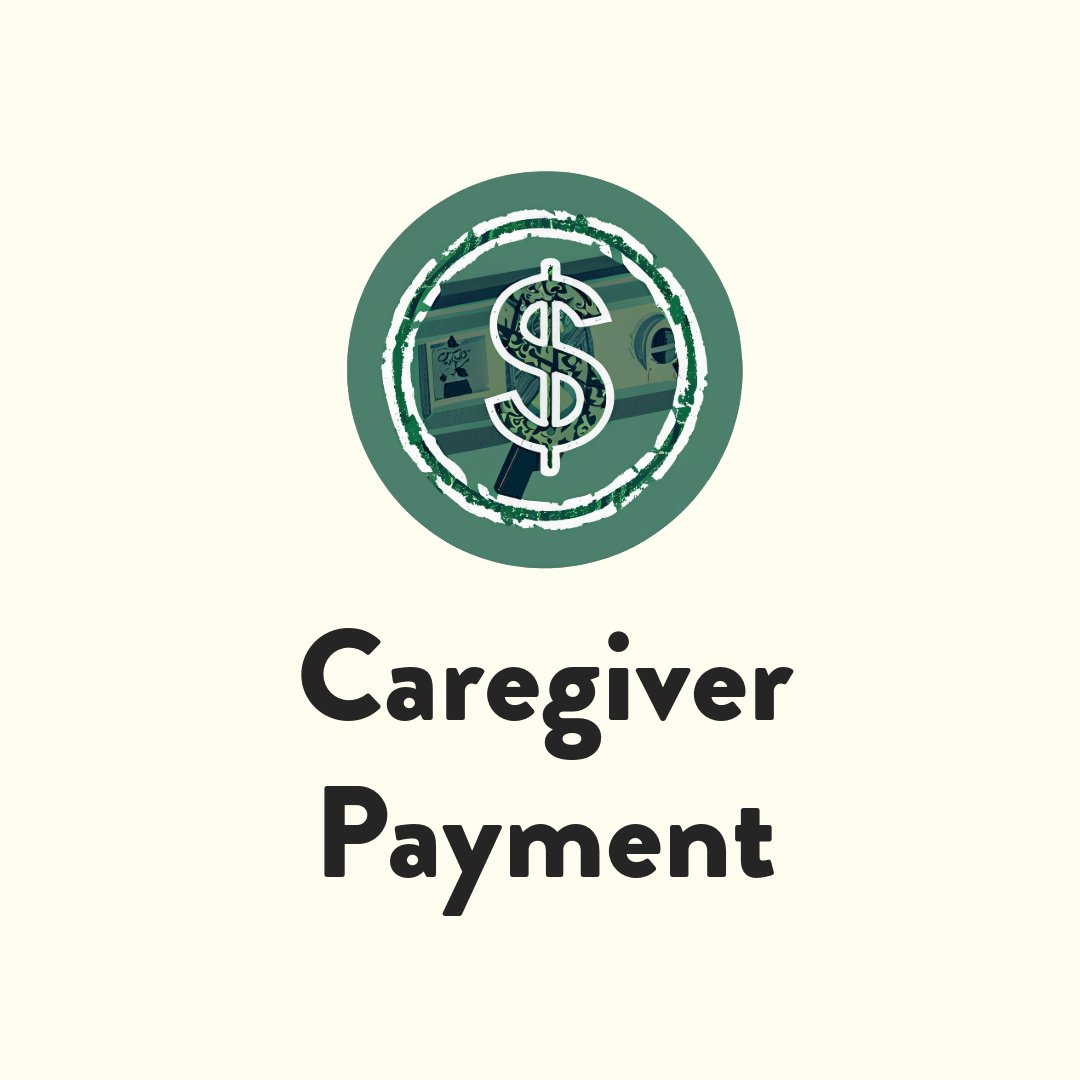How Much Are Freedom Care Pay Rates to Family Members?
In the realm of caregiving services, FreedomCare and Paid.care stand out as notable players, each offering their own unique approach to supporting families in need. Today, we'll delve into the world of structured family care programs, shedding light on what FreedomCare is and how it compares to our business at Paid.care. Moreover, we'll explore the pay rates offered by these agencies, particularly focusing on the rates and practices in states like Indiana and Georgia.
Understanding Freedom Care from a Competitor's Lens
Paid.care, a competitor of FreedomCare, views the latter as a significant player in the structured family care landscape. FreedomCare operates in several states, providing assistance and support to families caring for loved ones at home. However, while both agencies operate within similar frameworks, Paid.care notes some differences in their approaches and practices.
Freedom Care Pay Rate for SFC Programs
One key aspect to note with FreedomCare is its reimbursement distribution model. On average, FreedomCare retains 50% of the Structured Family Care Program reimbursement and passes on the remaining 50% to the caregivers. This model, while providing a source of income for family members caring for their loved ones, also ensures the sustainability of FreedomCare's operations — which are very high for the size of their business.
State-specific Pay Rates: A Closer Look
When it comes to compensation, understanding the state-specific pay rates is crucial. In Indiana, for instance, caregivers under the Structured Family Care Program with Freedomcare receive an average pay of $40 per day. On the other hand, in Georgia, the average pay stands at $60 per day, translating to approximately $420 per week.
Tax Implications and Employment Status
It's important to note that most Structured Family Care caregivers are paid tax-free, but they operate as 1099 workers regardless of which provider they choose. This arrangement offers flexibility but also entails certain tax implications that caregivers need to be aware of.
Pay Discrepancies and Options for Caregivers
While FreedomCare and Paid.care offer caregiving opportunities, it's essential to recognize that pay rates can vary significantly among providers. Therefore, individuals considering the Structured Family Care Program should take the time to explore their options and seek out the highest pay rates available.
Paid.care's Family Caregiver Programs in Indiana
For those specifically interested in the Structured Family Care Program in Indiana, Paid.care stands out as a noteworthy option. Paid.care passes on more of the structured family caregiving Indiana pay rate than any other agency in the state. This commitment to fair compensation underscores Paid.care's dedication to supporting caregivers and their families.
In conclusion, while FreedomCare and Paid.care both offer valuable services in the realm of structured family care, understanding the nuances of their reimbursement models and state-specific pay rates is crucial for caregivers. By doing thorough research and exploring all available options, caregivers can make informed decisions that best suit their needs and circumstances.
To learn more about the differences between Freedom Care and Paid.care visit or Freedom Care Alternative Page.


